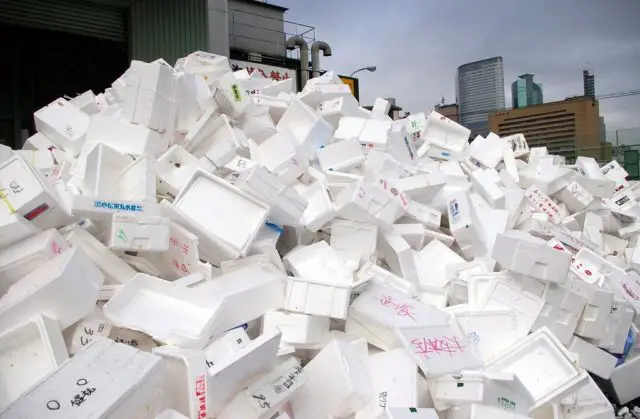
In recent days, in Costa Rica, there have been going on open discussions regarding various prohibitions and obligations related to single-use plastic and polystyrene, as established in Laws No. 9703 and 9786. Topic especially for companies and businesses that import, market, and distribute these products in the country.
It is worth remembering that last year, two new laws established bans for single-use plastic, polystyrene, and its main implications for the industrial and commercial sector. Laws have an impact in the field of environmental regulations, accompanied by both criticism and praise.
Details
The laws are: No. 9703 “Law for the prohibition of expanded polystyrene, reform Law for the Integrated Management of Waste” which entered into force on August 7th, 2019 and No. 9786 “Law to combat pollution by plastic and protect the environment, “in force since December 6th, 2019.
Law No. 9703 prohibits the importation into the national territory, commercialization, and delivery of expanded polystyrene containers in any commercial establishment. The following are established as exceptions to the prohibition: a) cases in which, for reasons of product protection, the use of other materials is not environmentally viable, b) packaging of household appliances and c) industrial uses. The prohibition will take effect 24 months after the law comes into force, that is, on August 7th, 2021.
Currently, the Ministry of Health is working on the Regulations for these Laws. It is highly relevant because additional exceptions could be established through said regulations.
For attorney Pineda, they should include aspects of great importance that were not incorporated in Law 9703, such as, for example, the definitions of containers and packaging, the scope of the prohibition specifically for import activities and the procedure for accrediting or make use of the exceptions before the competent authorities. Therefore, there are still important issues to be defined regarding the implementation of this Law.
Law No. 9786 prohibits the commercialization and free delivery of plastic straws, as well as plastic bags in supermarkets and commercial establishments to transport goods, and exceptions are regulated in both cases. The straws attached to their packaging will be exempt from the ban for 3 years and the plastic bags may be used according to certain parameters established.
Regarding obligations

The Law establishes obligations for importers, producers, marketers, and distributors of single-use plastic bottles and/or products packaged in this type of container. These include marketing bottles with a percentage of recycled resins (to be defined by regulation), establishing recovery and valuation programs, and developing products that minimize the generation of waste or facilitate its recovery, among others. Exceptions are those bottles that contain inputs for agricultural production.
Commercial establishments should encourage their customers to transport the goods purchased in their own reused packaging. It is also repeated for those businesses that sell single-use plastic products, which must have separate containers for the deposit of these wastes.
What will happen if the prohibitions and obligations are violated?
The violations of the prohibition and obligations described in both regulations are classified as minor infractions, sanctioned with a fine of 1 to 10 base wages (currently defined in CRC450), and with the obligation to compensate and repair the environmental damage caused.
Both laws include incentives for productive reconversion and generation of innovation for more sustainable products, either with access to credit or with the generation of research, innovation, financing, and support programs for related industries through the Development Bank System and other entities of the National Banking System.

